We had the opportunity to tour the QCT booth at Computex 2016. During this tour, we were able to see a number of innovations the company is bringing to market. Recently, we highlighted the QCT QuantaMesh networking portfolio at the show. We are not going to cover every server from QCT we saw at the show, but did want to highlight a few designs that caught our eye.
Prototype 19″ rack designs for OCP compute building blocks
Perhaps the most intriguing server designs we saw were the QCT Monterey and Carmel designs. QCT has been very active in the OCP space and is attempting to bring the OCP compute building blocks to standard 19″ racks. While OCP is great for many greenfield deployments, most of the racks outside of large hyper scale shops are standard 19″ racks deployed over the past few decades. QCT has two designs to address this.
Monterey is a concept to bring Yosemite compute boards to 19″ racks. The Intel Xeon D based boards we saw were based on the publicly available Xeon D design not the Facebook version. The setup utilizes a Mellanox multi-host adapter to provide high speed networking to each pack of CPUs. Monterey allows for two sleds each with four Xeon D nodes for a total of 8 nodes per 2U. There are also traditional 2.5″ bays in the front of the chassis.
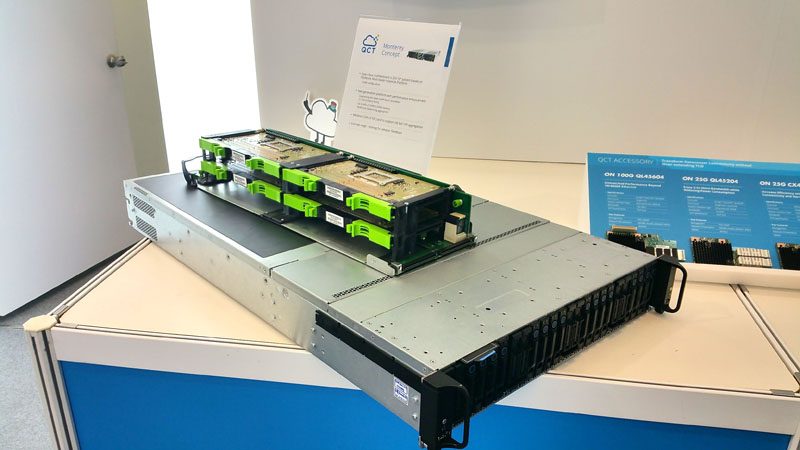
The QCT Carmel concept is a 2-in-2U or 4-in-2U design based on the Facebook Leopard platform.
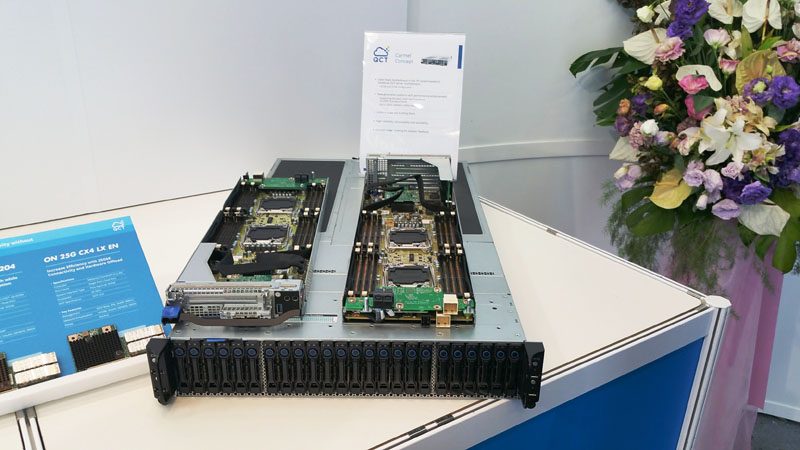
QCT has had a lot of success in the OCP space so it is great to see the company try to innovate and bring platforms to the mainstream 19″ rack market.
Storage designs
We wanted to highlight a few storage designs from QCT as well.
The QuantaGrid SD1Q-1ULH is a 1U appliance based on the Intel Xeon D-1531. We previously highlighted the QuantaGrid SD1Q-1ULH with full specs. At the show we were able to use the drive tray and hot swap feature. As one can see, the drive trays have an innovative latch which pulls up and ejects the drive. This is an absolutely packed Xeon D storage platform.
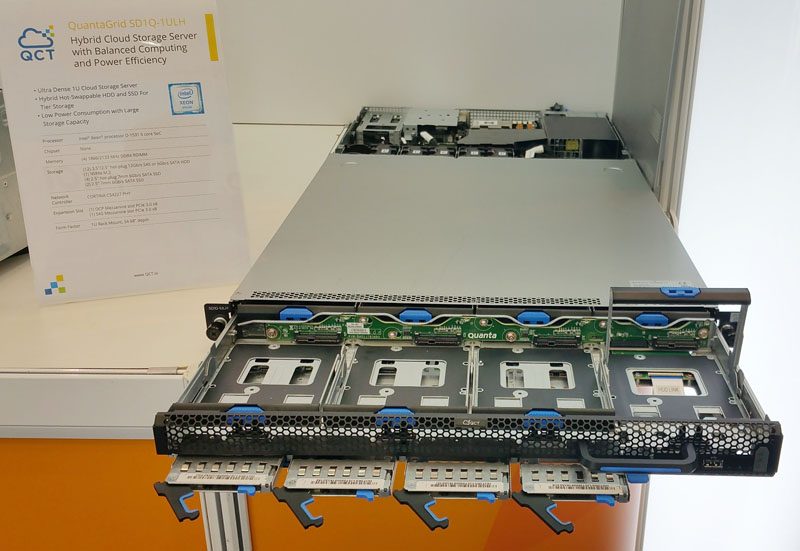
The QCT QuantaVault JB2720 is a 72 bay 2U chassis that has a hot swap series of expanders for each bank of disks. With SSD capacities reaching over 15TB that means one can theoretically have a 2U 1.1PB all flash disk shelf. It is little wonder why QCT populated the chassis with trays labeled “SSD”.
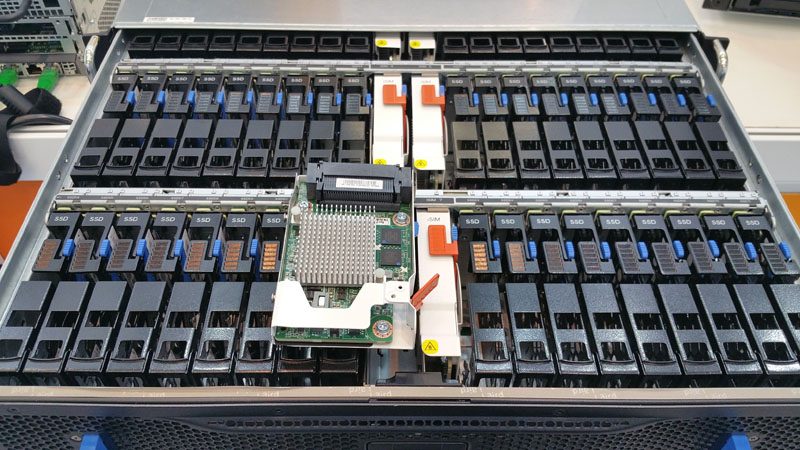
In terms of 3.5″ storage chassis we saw the QCT QuantaVault JB4242. It is a 24x 3.5″ bay chassis with 8x 2.5″ drive bays and dual 12gbps SAS3 expanders.
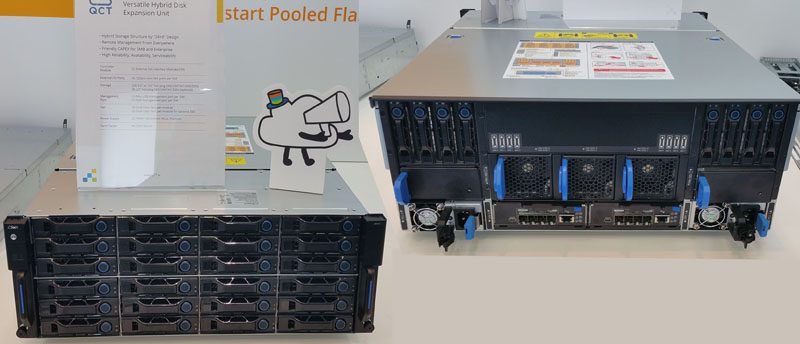
QCT QuantaPlex T21SD-2U is one of the dual port NVMe 2 nodes in 2U systems we saw at the show. QCT also adds rear storage to the chassis for OS disks which is a solid design choice.
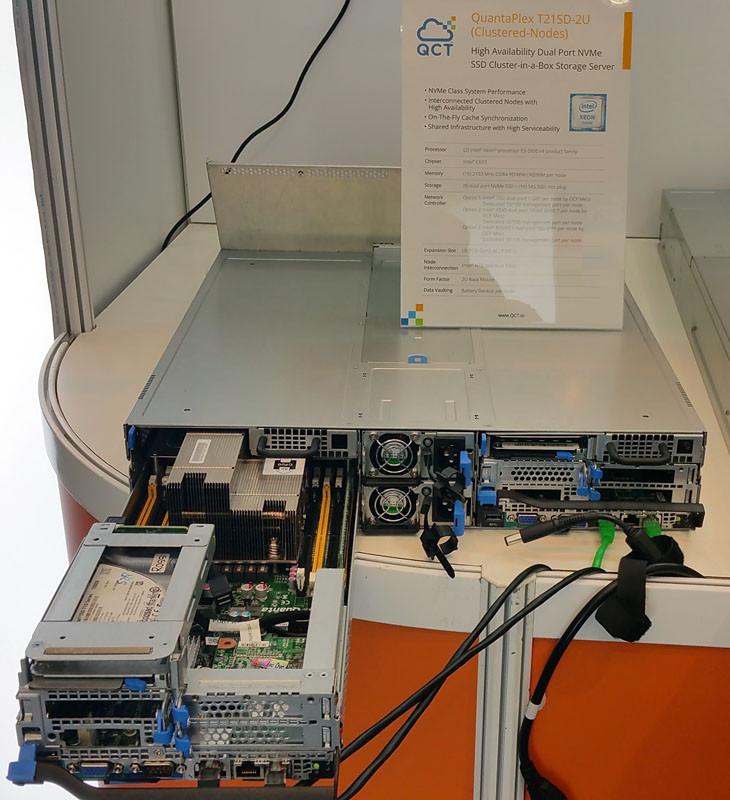
Finally, we did see a 1U 10x NVMe system on display as well for single port NVMe SSDs.
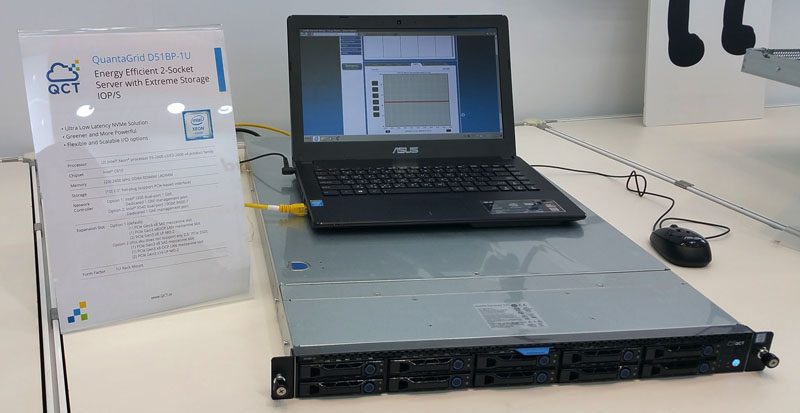
QCT showcased their deep storage portfolio at the show beyond what we are highlighting in this piece.
QCT Rackgo X GPU Compute
We highlighted the QCT Rackgo X solution in our networking piece which focused on the 100GbE switch. We wanted to also showcase what we saw at the bottom of the rack: a GPU compute node.
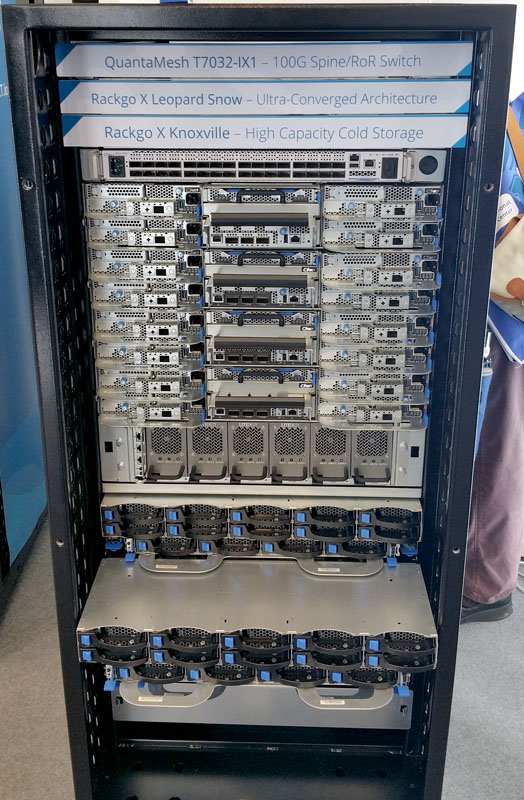
The Rackgo X Big Sur platform is an 8 GPU system in some ways similar to those that we have reviewed in the past, except it is designed for OCP racks.
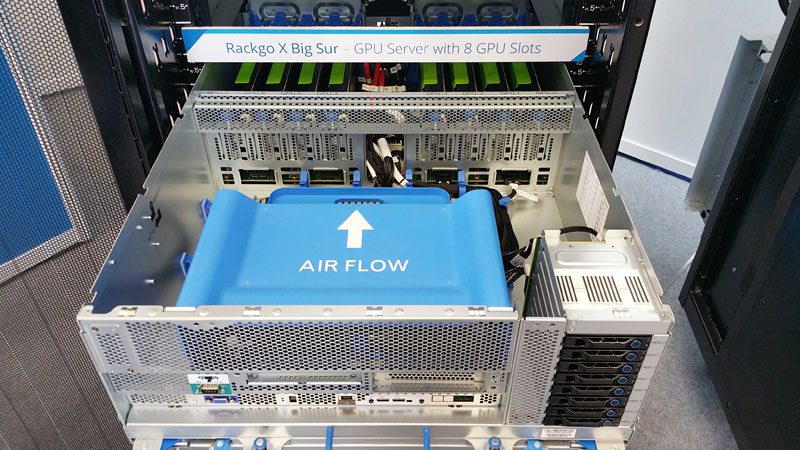
The overall design looks extremely serviceable. The system was installed with NVIDIA Tesla M40 GPUs however the height of the chassis looks as though it can accommodate cards with top mounted PCIe power connectors as well.
GPU compute is rapidly growing so seeing these types of solutions handling high-end cards in OCP racks is a positive development.
Web Hosting Servers
Briefly we wanted to highlight the QCT QuantaMicro X10E-9N. These are similar systems to the ones we saw on our tour of the Intel data center. The advantage of these systems are that one can fit 9 full nodes in 3U which aligns well with web hosting needs. In addition, the QCT system can utilize an internal chassis switch to minimize cabling. That is the configuration it appeared as though Intel was using.
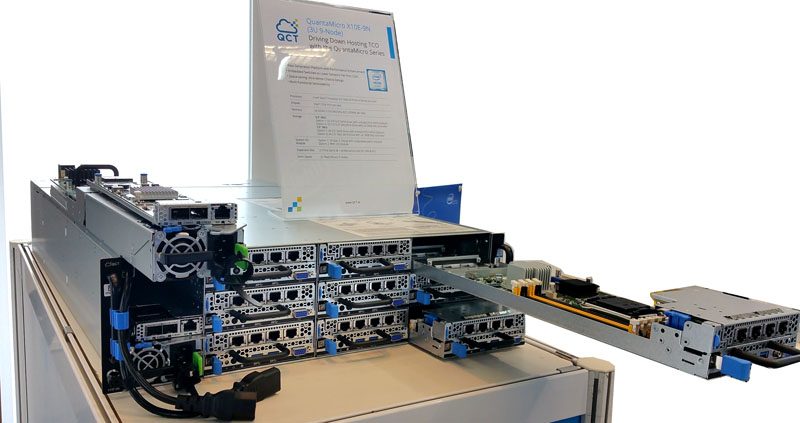
This is a flexible design that allows a web hosting company to sell densely packed dedicated server nodes yet utilize less cabling. At STH we recommend using these higher-density solutions rather than low density 1U servers.
Intel Xeon Phi x200 compute
The Intel Xeon Phi x200 launched after Computex. Now that the embargo is lifted, we can share the QuantaPlex S41T-2U. The platform is designed to house four independent Intel Xeon Phi x200 (Knights Landing) nodes in 2U.

We highlighted this system in our Knights Landing launch piece. It appears extremely flexible and can utilize both onboard Omni-Path as an interconnect or OCP mezzanine cards.
Final Words
Overall, QCT has a massive amount of technology on display. One can clearly see that the company is trying to branch out from its traditional ODM roots and into other markets. The company is clearly trying to leverage its success in OCP by bringing those concepts and platforms to the broader 19″ rack industry. That itself is a welcome development. Overall, the company has a large product portfolio and a strong history of selling to the large hyper scale players which will translate to success in other segments of the market.

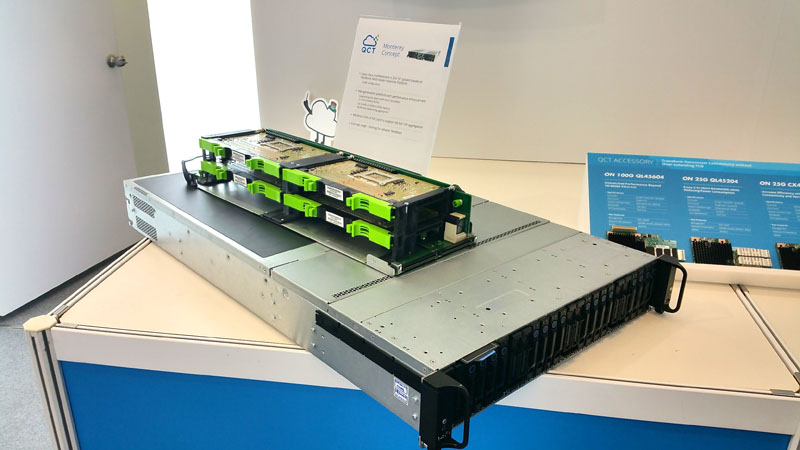
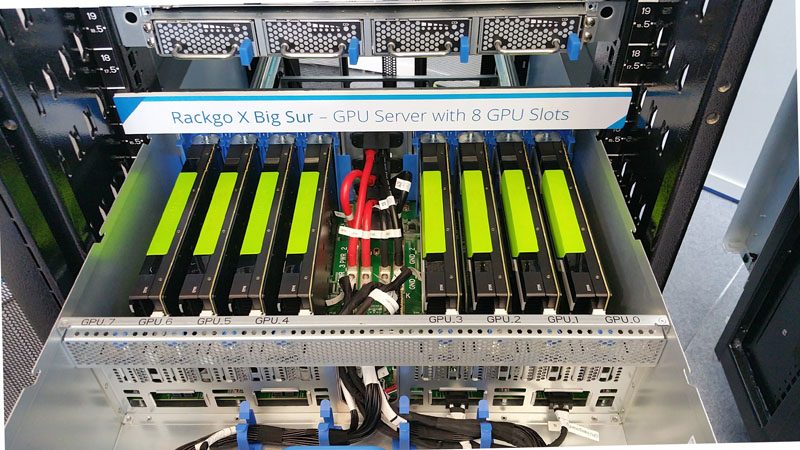
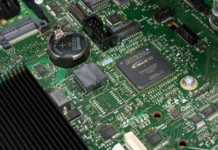

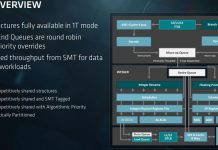
The caption under the image in “Web Hosting Servers” section seems to be wrong?
Now fixed, if anyone wonder what i was moaning about ;)